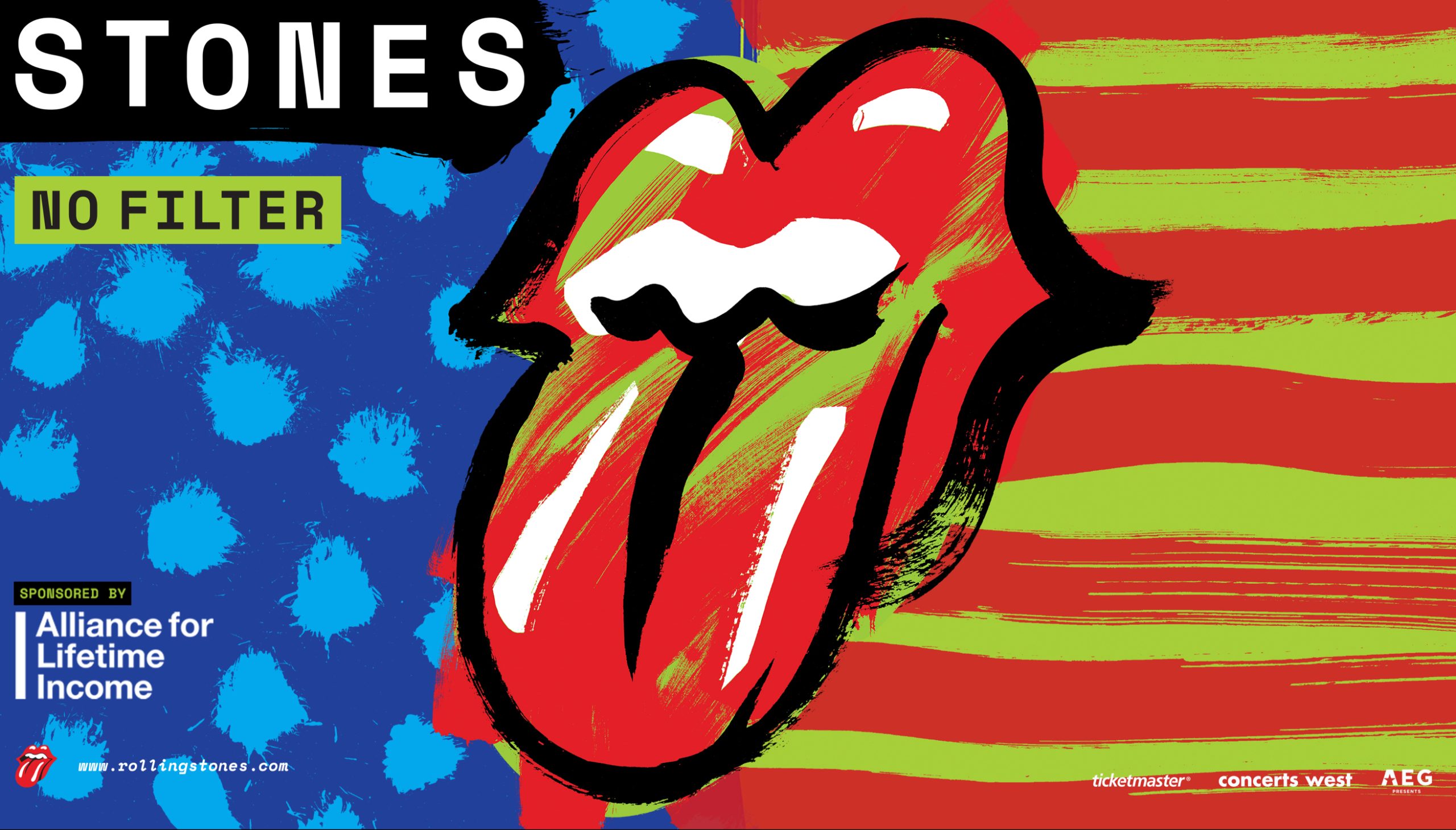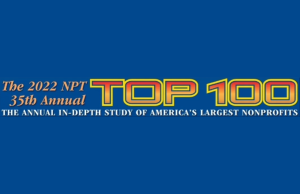Mick Jagger is 75. Keith Richards is 75. Ronnie Woods is 72 and drummer Charlie Watts is the old guy at 78. Leaders of the year-old Alliance for Lifetime Income, a 501(c)(6), believe that Rolling Stones fans need sound financial planning, although that doesn’t start with reallocating the big bucks forked over for a pair of perhaps the most expensive rock ‘n roll tickets.
The tour is sold out and there is cross marketing being orchestrated. The Alliance for Lifetime Income is the sole sponsor of the U.S. leg of the 16-stop “No Filter” tour.
“It is interesting to see the average Boomer at these shows is actually on the younger side,” said Cyrus Bamji, head of communications for the Alliance for Lifetime Income in Washington, D.C.
“As a nonprofit, it’s a great match for them. ‘Hey we might be 75 but we are still rocking, still playing and living life to the fullest,’” said Bamji.
While the alliance is an umbrella for firms selling annuities and other forms of stabile retirement income, the savings statistics show the potential, as Jagger would sing, for what a drag it is getting old. Baby Boomers had between $75,000 and $157,000 saved for retirement, according to a September 2018 report from the Transamerica Center for Retirement Studies. The estimated median savings of people in their 50s is about $117,000, a long way from the desirable six to eight times annual income recommended by Fidelity Investments. The median savings for people in their 60s is $172,000.
Social Security payments won’t be much help with the average monthly benefit for a retired worker in 2018 being $1,413 per month, according to the Social Security Administration.
Fans attending the concerts are “a sweet spot” for the association members, Bamji said. They are contractually unable to discuss the cost of the sponsorship but it was a member’s connection to the band that got it started. He said “it’s one of most cost-effective ways we’ve found” to reach the nonprofit’s intended audience.
The projection is that 1.6 million people will see information about the organization’s members at the 20 sold-out shows and there is cross promotion on at least 24 social media venues. There will also be branding via logos on site as well as pre- and post-concert touchpoints. There will be outreach on LinkedIn, Facebook and Twitter.
Getting people’s attention is getting harder and in a world where trust is low, advertising is less and less effective. “The idea of attaching your brand to another trusted brand, in this case the Rolling Stones, is a great idea,” said Michael Hoffman, founder of marketing firm See3 and chief executive officer of Gather Voices in Chicago, Ill.
There is a caveat. “At the same time, you have to be careful of shiny objects. I’m sure this is a great ego boost to the staff and board to be associated with such a high profile tour and such an iconic group. But how do measure results? I would be a bit skeptical that people coming into a show will pay much attention to anything outside of the show and I’d want to measure awareness,” said Hoffman.
For a category like retirement investing, that can have a stodgy and staid reputation, “the Stones sponsorship adds energy into the Alliance’s brand that can immediately differentiate them from typical financial services providers,” said Jeff Vogel, a marketing and brand consultant who works with companies and nonprofits. “Targeting the younger Boomer demographic with a market message that shows how vibrant and exciting an older band can still be, the Alliance for Lifetime Income is well positioned to be the cool alternative to traditional financial institutions.”












